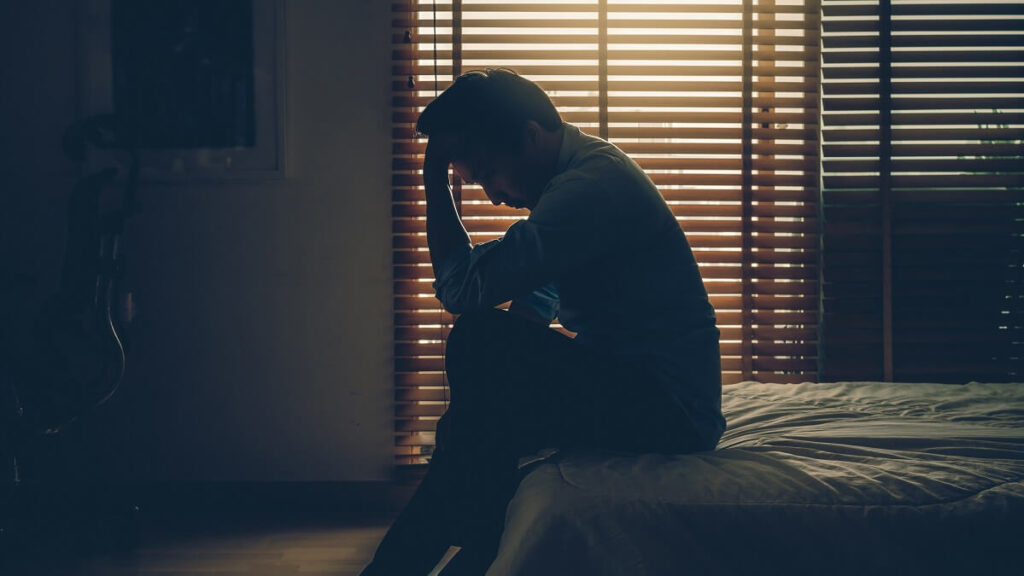Private debt collection agencies are under fire following their involvement in the unlawful Robodebt scheme, with calls for the return of over $11 million in taxpayer funds.
These firms were paid hefty commissions by the federal government for pursuing welfare recipients for debts that were raised unlawfully under the so-called ‘Robodebt’ program.
As a quick recap, a Robodebt was a debt raised between July 2015 and November 2019 under what was known as the Income Compliance Program. They were raised using averaged Australian Taxation Office (ATO) income information, and not actual income and employment data.
The royal commission’s report into the scheme released last Friday criticised the involvement of private debt collection firms, but stopped short of declaring any unlawful behaviour on their part.
The report revealed that three firms, namely Dun and Bradstreet (now known as Illion), Australian Receivables Limited (ARL) and Probe Operations, were paid an estimated $11.6 million by the federal government for their services related to the Robodebt scheme.
Cassandra Goldie, chief executive of the Australian Council of Social Service (ACOSS), told ABC Radio Melbourne private debt collectors played a significant role in the scandal.
“Private debt collectors were a key part of this and were heavily crticised [in the report],” she said.
“We don’t think there should be profits made from unlawful debt collection.”
But in a response to questions from The Guardian, a spokesperson for Probe Operations said that all its operations were conducted legally and on the instructions of the federal government.
“The commission did not make any findings of wrongdoing on the part of debt collectors, specifically noting external debt collectors are required to operate lawfully, and perform in accordance with their contractual obligations to creditors,” the spokesperson said.
“The commission does not suggest they did otherwise.”
An ARL spokesperson told The Guardian that it had no involvement in the assessing or issuing of the debts, but rather was simply acting on behalf of the government.
“ARL Collect has longstanding relationships with numerous local, state and federal government agencies and bodies and our work principally relates to the collection of overdue funds on behalf of our clients. ARL does not have any involvement in our clients’ assessment of their customer accounts.”
Earlier this year, Prime Minister Anthony Albanese announced that Services Australia would no longer use external debt collectors for welfare debts, and would instead bring this function in-house.
However, the royal commission report noted that it had been Services Australia, under the direction of the Department of Human Services (DHS), that had designed the Robodebt scheme and oversaw the use of private debt collectors.
“It would be understandable, given what transpired under the [Robodebt] scheme, if people found it difficult to trust that Services Australia will sensitively and lawfully manage its debt recovery processes,” the report says.
Were you affected by the Robodebt scheme? Do you think private debt collectors should refund some of their profits? Let us know what you think in the comments section below.
Also read: How to deal with debt collectors

